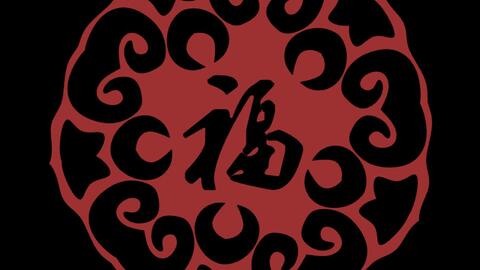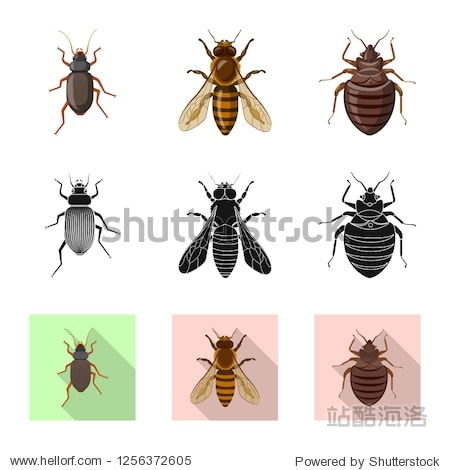Insect Bite Swollen and Hot: A Comprehensive Guide
Dealing with an insect bite that is both swollen and hot can be quite uncomfortable and concerning. In this article, we will delve into the causes, symptoms, treatment options, and prevention strategies for such bites. By understanding the intricacies of these bites, you’ll be better equipped to handle them effectively.
Understanding the Causes

Insect bites that result in swelling and heat can be caused by various insects, including mosquitoes, ticks, bees, wasps, and ants. Each of these insects has its own unique characteristics and venom composition, which can lead to different reactions in humans.
| Insect | Common Venoms | Typical Reactions |
|---|---|---|
| Mosquitoes | Saliva | Itching, redness, swelling |
| Ticks | Saliva and Antigen 1 | Itching, redness, swelling, potential for infection |
| Bees | Phospholipase A2 | Severe pain, redness, swelling, potential for allergic reactions |
| Wasps | Phospholipase A2 | Severe pain, redness, swelling, potential for allergic reactions |
| Ants | Formic acid | Itching, redness, swelling, potential for infection |
Recognizing the Symptoms

When an insect bite becomes swollen and hot, it’s important to recognize the symptoms to determine the severity of the situation. Common symptoms include:
- Redness and swelling around the bite area
- Pain or tenderness
- Itching
- Warmth or heat sensation
- In some cases, fever or chills
Treatment Options

Here are some effective treatment options for an insect bite that is swollen and hot:
- Ice Pack: Apply an ice pack to the bite area for 10-15 minutes at a time to reduce swelling and numb the pain.
- Antihistamines: Over-the-counter antihistamines can help alleviate itching and reduce inflammation.
- Topical Creams: Use a hydrocortisone cream to reduce swelling and itching.
- Warm Compress: After the initial swelling has decreased, apply a warm compress to the bite area to promote healing.
- Antibiotics: If the bite becomes infected, your doctor may prescribe antibiotics.
Prevention Strategies
Preventing insect bites is always better than dealing with the aftermath. Here are some strategies to help you avoid these pesky pests:
- Use Insect Repellent: Apply a DEET-containing insect repellent to exposed skin and clothing.
- Wear Protective Clothing: Long sleeves, pants, and socks can help protect your skin from bites.
- Stay in Mosquito-Proof Areas: Use screens on windows and doors, and consider using air conditioning or fans to keep mosquitoes at bay.
- Check for Ticks: After spending time outdoors, inspect your clothing and body for ticks, especially in areas with high grass or brush.
- Remove Stinging Insects: If you encounter a bee, wasp, or ant, gently brush them away without swatting, as this can provoke a defensive reaction.
By understanding the causes, symptoms, treatment options, and prevention strategies for insect bites that are swollen and hot, you can take the necessary steps to protect yourself and your loved ones from these uncomfortable and potentially dangerous situations.






